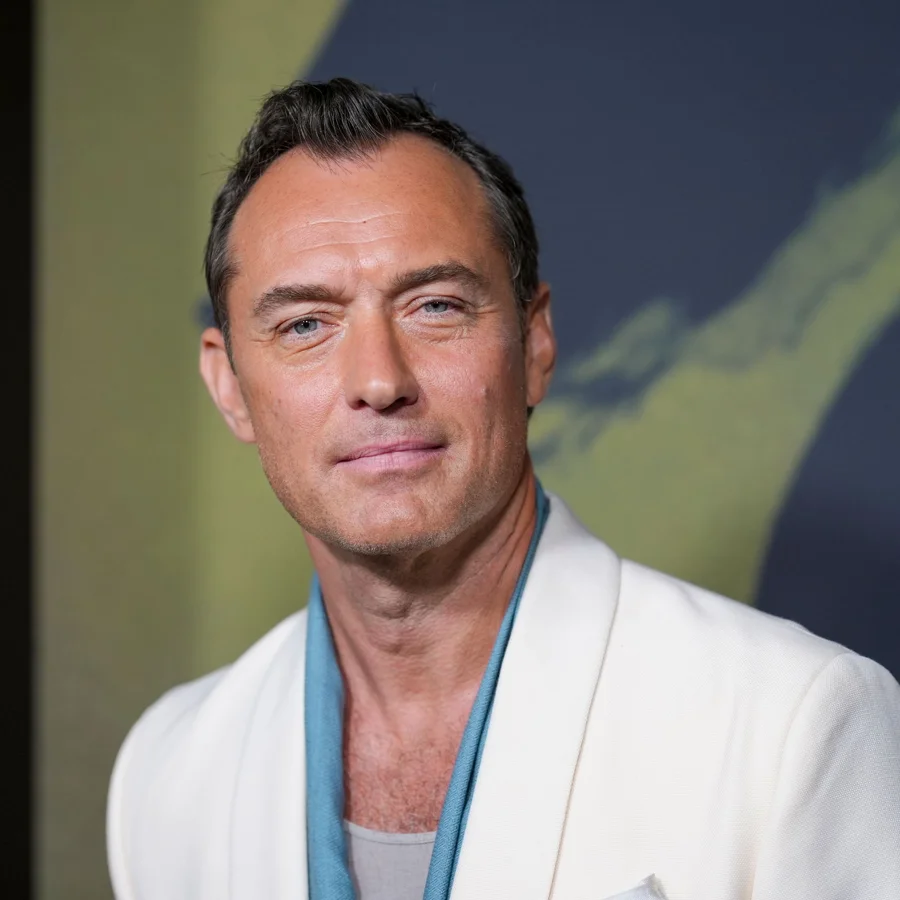Pierce Brosnan, known for playing the iconic character James Bond in four films from 1995’s GoldenEye through 2002’s Die Another Day, has expressed a strong reluctance to watch his Bond movies. While it’s not because he thinks the films are bad, Brosnan dislikes revisiting his portrayal for deeper, more personal reasons. His conflicted feelings toward his time as the British super-spy are tied to how he sees his performance and how the films aged within the franchise’s legacy.
During an interview in April 2014 with The Telegraph, Brosnan admitted he has “no desire” to watch his Bond work, explaining,
‘Cause it’s never good enough. It’s a horrible feeling.
He felt his Bond was trapped between the more distinct portrayals by Roger Moore and Sean Connery, stating that his version
was caught in a time warp,
with violence that “was never real” and a characterization that
“didn’t have a follow-through of reality. It was surface.”
Brosnan also suggested that some of his harsh self-criticism arose from his own insecurities about embodying such a demanding role.
The franchise’s direction after GoldenEye contributed to his dissatisfaction. Subsequent films, like The World Is Not Enough and Die Another Day, increasingly leaned into camp and exaggerated spectacle, straying from the grounded style that initially made Brosnan’s Bond appealing. The action sequences became less believable, with violence feeling unconvincing and the character’s depth diminishing into comic book-style heroics—an identity at odds with what the classic Bond represented. Despite his strong start, Brosnan was left with material that often felt too theatrical to take seriously.

Why Brosnan Avoids Rewatching His Bond Movies
In a 2011 discussion with Zap2It, Brosnan offered further insight into why he shies away from revisiting these films. He revealed that his children often tease him about his performances, admitting,
I’m badly criticized by my boys that I will not sit and watch them with them.
This adds a personal layer to his reluctance, as the actor takes his craft seriously but gains “no nourishment” from watching those past roles.
Although Brosnan remains proud of his Bond years, describing his work as something he looks back on with pride, he struggles to find comfort in viewing his performances again. The blend of personal insecurities and the playful mockery from his sons makes it difficult for him to enjoy the films. Despite his conflicted feelings, Brosnan’s era was instrumental in revitalizing the Bond legacy and reconnecting the character to his literary roots.
How Brosnan’s Bond Paved the Way for Daniel Craig’s Revival
The criticisms Brosnan voiced about his portrayal gain further significance when viewed alongside the arrival of Daniel Craig as Bond in 2006 with Casino Royale. Craig’s interpretation appeared to directly address many of Brosnan’s concerns by returning to the original novel’s version of Bond as a more hardened and realistic government assassin, rather than a superhero figure. Craig’s films grounded the series with gritty storytelling that Ian Fleming’s Bond had initially embodied.
Without the Brosnan era pushing the boundaries of camp and spectacle—reaching its peak in the outrageous Die Another Day climax involving Bond surfing a tsunami—EON Productions might not have recognized the necessity to recalibrate the franchise. The excessive silliness highlighted the limits of how far the character could be taken before losing credibility with audiences. This realization ushered in a more serious and authentic approach in the Craig years, starting with Casino Royale and continuing with acclaimed films like Skyfall.
Ultimately, Brosnan kept James Bond relevant throughout the 1990s and early 2000s and maintained a vital connection to the character’s enduring popularity. Although Brosnan’s interpretation may have been limited by the scripts and style of his films, his upfront honesty and self-awareness highlight how the franchise evolved. GoldenEye, in particular, remains celebrated as one of the standout debut performances in the 007 film canon. Brosnan’s contributions helped bridge the gap between classic Bond and the revitalized, nuanced portrayal that would follow.
